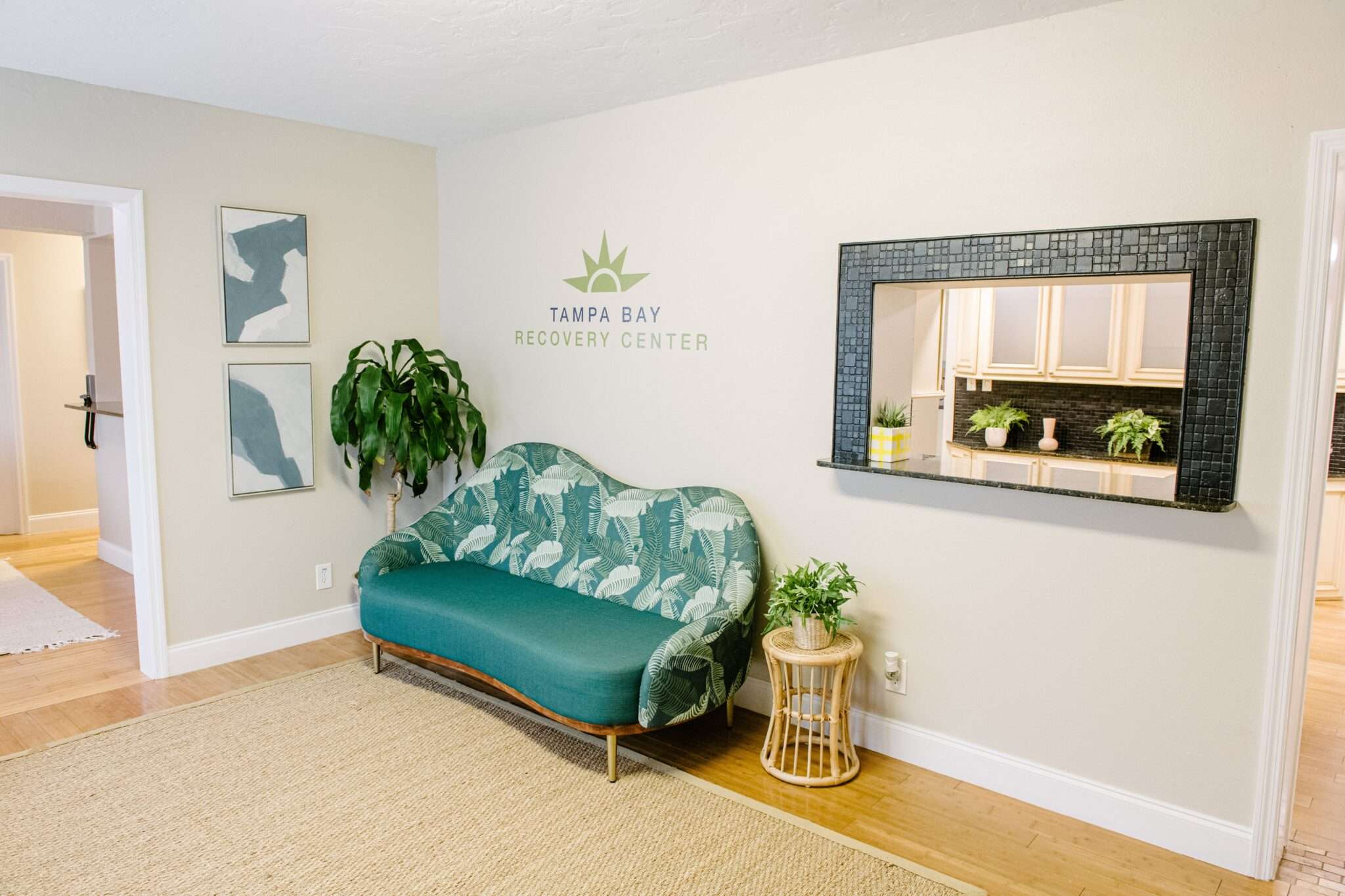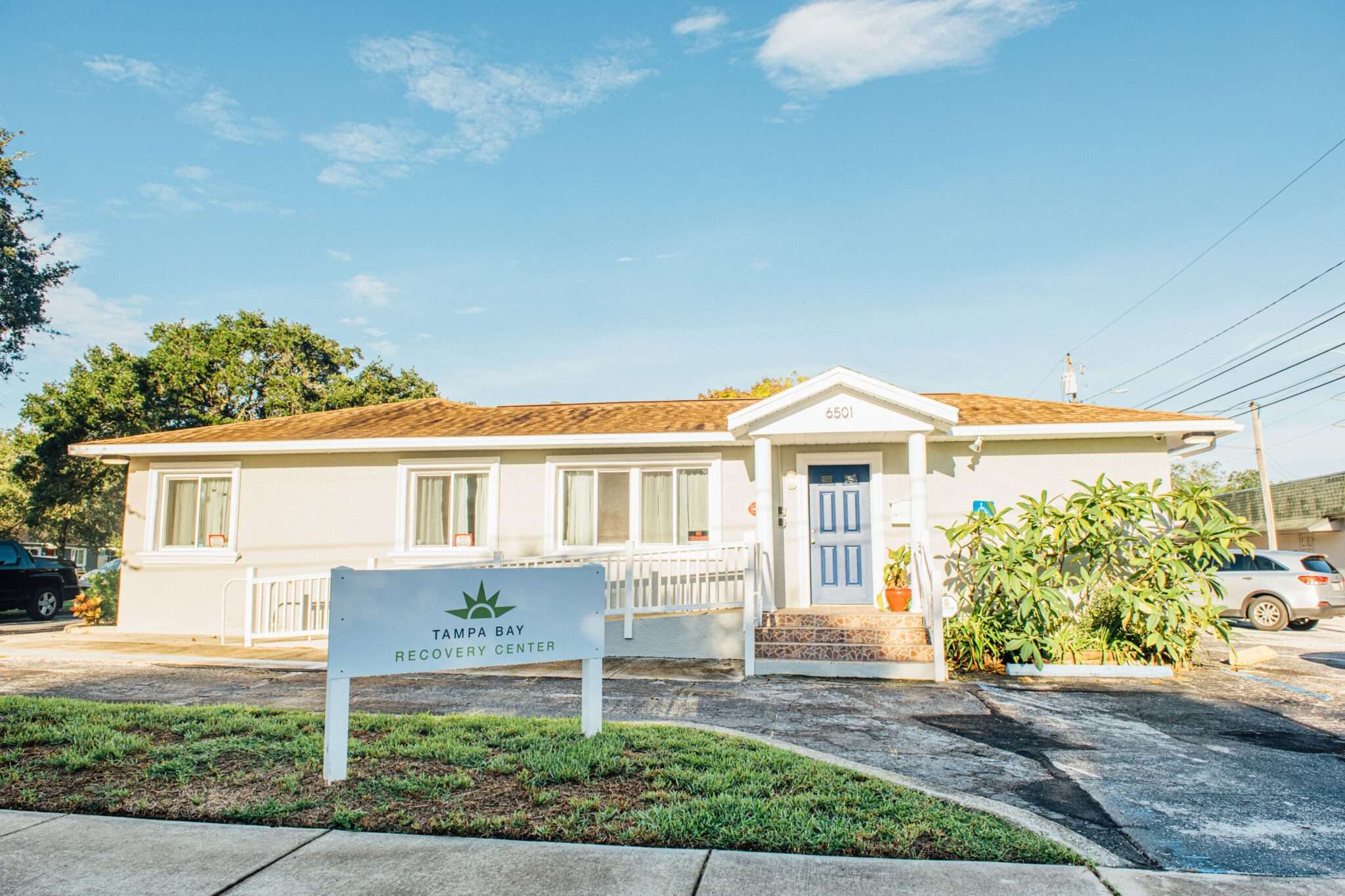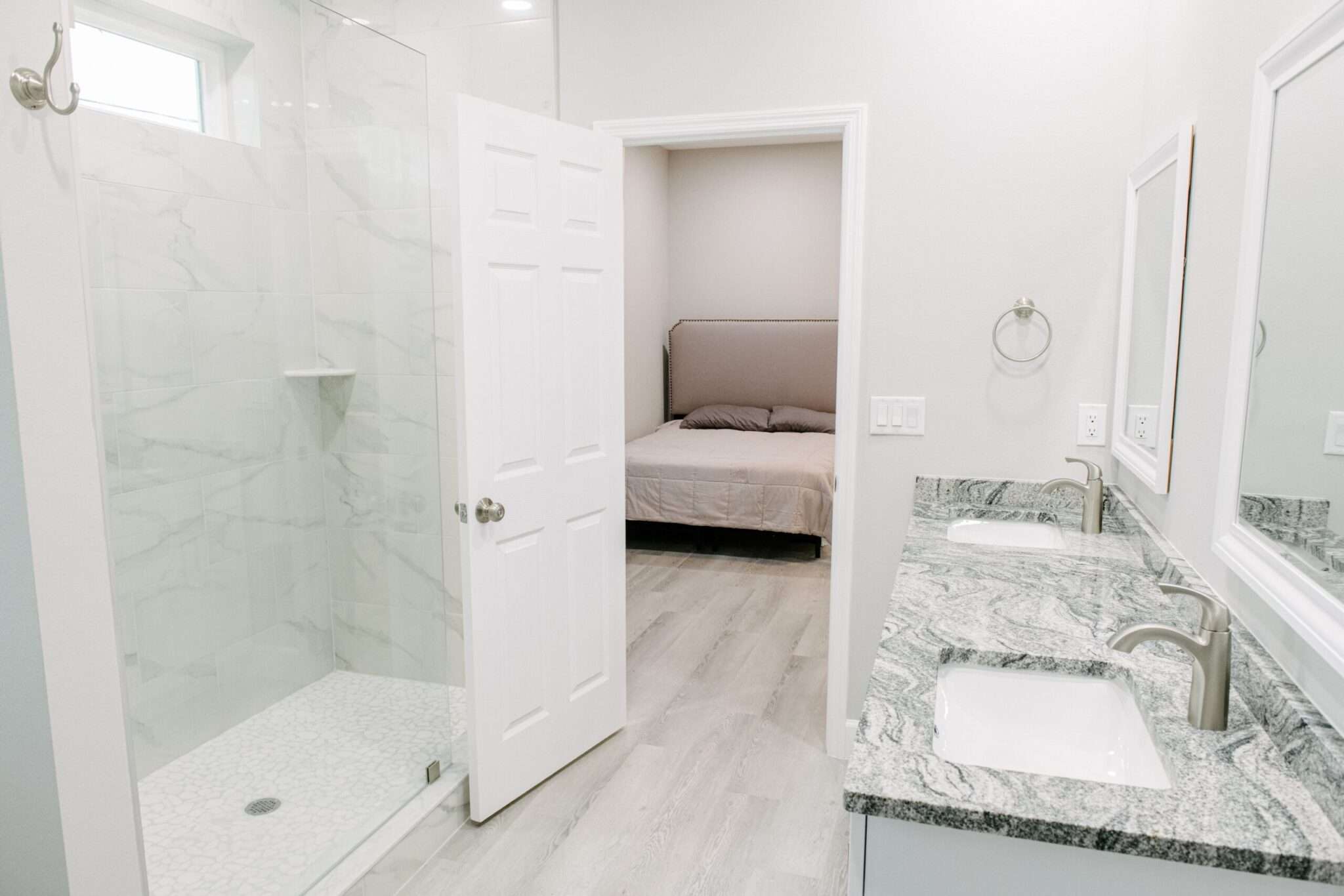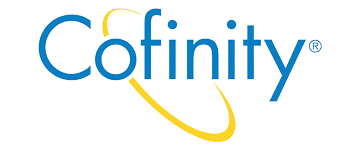At Gulf Coast Recovery Center, we are proud to offer the most effective possible treatment options for people with substance use disorders, including addiction psychiatry in Tampa. Working with these therapists, our clients can come to a deeper understanding of their addiction and its causes, as well as what may be needed to achieve lasting recovery. With the right help, our clients overcome the challenges of addiction and possible co-occurring mental health disorders.
What is Addiction Psychiatry?
Addiction psychiatry involves treating individuals living with substance use disorder or alcohol use disorder. It is a subspecialty of psychiatry that focuses on evaluating and treating people with substance use disorders and co-occurring disorders, such as alcoholism plus depression, Xanax addiction plus trauma, or opioid use disorder plus anxiety.
Also known as dual diagnosis, co-occurring disorders result from a combination of genetic, environmental, and psychological factors. While a genetic predisposition toward mental health or substance use disorders is possible, adverse experiences such as trauma or chronic stress also increase the risk of developing co-occurring disorders.
Self-medication is another common cause of co-occurring disorders. This occurs when a person with untreated mental health issues turns to substances to alleviate their uncomfortable memories, thoughts, and feelings. Unfortunately, self-medicating often worsens symptoms, leading to increased substance use and dependency.
Common mental health disorders that can co-occur with substance use disorders include:
- Depression
- Anxiety
- Post-Traumatic Stress Disorder (PTSD)
- Obsessive-Compulsive Disorder (OCD)
- Panic disorders
- Borderline Personality Disorder (BPD)
- Bipolar disorder
- Eating disorders
- Schizophrenia
While co-occurring disorders are common, identifying a dual-diagnosis patient can be challenging. Our addiction psychiatry practitioners in Tampa address the underlying psychological roots of each client’s addiction.
How Does Addiction Psychiatry Work?
Too often, people seeking addiction treatment do not understand the root causes of their behaviors. The best addiction treatment programs include clinical assessments and counseling sessions to help clients better understand their experiences and relationships with substances. This process involves addiction psychiatrists and medical professionals working to uncover the underlying causes of addiction and creating effective treatment plans.
Steps in addiction psychiatry include:
- Evaluation: Addiction psychiatrists diagnose substance use and co-occurring mental health disorders. They assess the patient’s ability to perform daily activities and may recommend imaging and laboratory tests.
- Treatment Planning: Based on the diagnosis, psychiatrists create individualized treatment plans that may include therapy, counseling, and, if necessary, medication.
- Detoxification: If needed, psychiatrists oversee detox programs to safely manage withdrawal symptoms.
- Collaborative Care: Addiction psychiatrists work with neurologists, social workers, occupational therapists, and primary care doctors to provide comprehensive care.
What Types of Addictions Does Our Psychiatry Treat?
Addiction psychiatry is crucial during detox—the first phase of treatment where patients are safely weaned off substances. Because addiction profoundly affects the brain’s neurochemistry, medical expertise is often necessary to manage withdrawal symptoms effectively.
Addiction psychiatry treats:
- Substance use disorders complicated by co-occurring mental health disorders like depression, anxiety, and trauma.
- The mental and physical effects of long-term substance abuse.
Benefits of Addiction Psychiatry in Tampa
Addiction psychiatry provides numerous benefits for addressing substance use and co-occurring mental health conditions. Key advantages include:
- Specialized expertise: Focused on treating addiction and co-occurring disorders.
- Dual diagnosis treatment: Simultaneous care for addiction and mental health issues.
- Comprehensive assessment: Thorough evaluations to create effective treatment plans.
- Medication management: Prescribing medications for withdrawal symptoms and mental health conditions.
- Detoxification services: Supervision of detox processes to manage withdrawal.
- Relapse prevention: Strategies and coping skills to maintain sobriety.
- Multidisciplinary collaboration: Coordinated care addressing medical, psychological, and social factors.
- Reduced healthcare costs: Effective care prevents hospitalizations and legal issues related to untreated addiction.
Addiction psychiatry’s specialized care and comprehensive approach improve patient outcomes and overall well-being for those pursuing recovery.
















